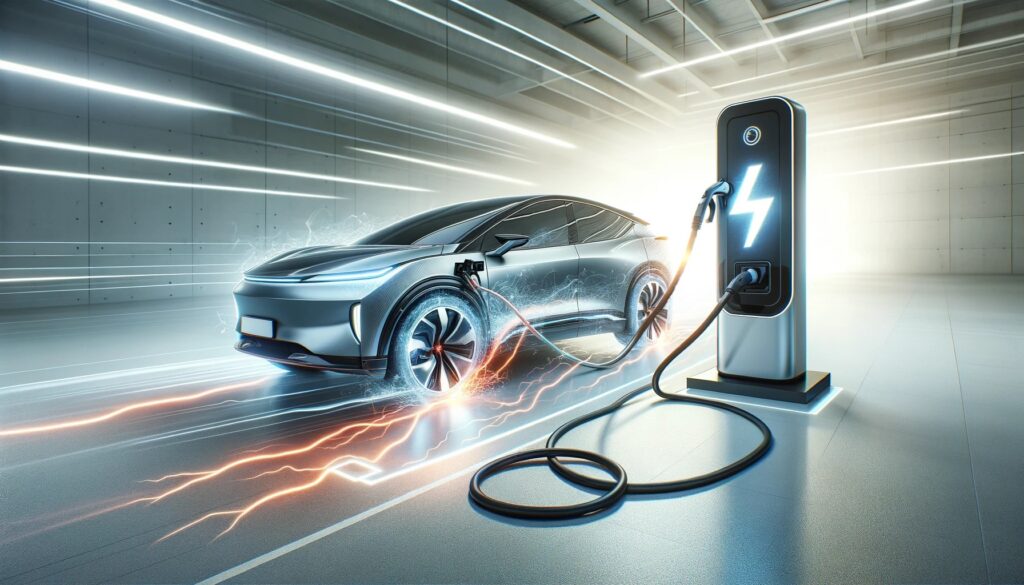Understanding the Factors Influencing the Cost of Charging Electric Vehicles
Electricity Rates
Overview: The cost of charging an electric vehicle primarily depends on electricity rates, which vary by location and utility provider. In general, residential electricity rates are measured in kilowatt-hours (kWh), and the cost per kWh can fluctuate based on factors such as time of day, season, and local regulations.
Key Factors:
- Time-of-Use (TOU) Rates: Some utility providers offer TOU rates, where electricity costs less during off-peak hours and more during peak hours. Charging your EV during off-peak times can result in significant cost savings.
- Tiered Pricing: Some regions have tiered pricing structures, where the cost per kWh increases as you consume more electricity. Efficient charging habits can help you stay within lower tiers and avoid higher rates.
- Renewable Energy Programs: Opting for renewable energy programs, such as solar panels or wind power, can further reduce the environmental impact of charging your EV and may offer cost savings in the long run.
Charging Methods
Overview: Electric vehicles can be charged using different methods, including home charging, public charging stations, and fast chargers. Each method comes with its own cost considerations and convenience factors.
Key Factors:
- Home Charging: Charging your EV at home is often the most convenient and cost-effective option, especially if you have access to a dedicated charging station and can take advantage of lower residential electricity rates.
- Public Charging Stations: Public charging stations may charge a flat fee per charging session or a per-kWh rate. Costs can vary depending on the charging network and location, with some stations offering free charging or discounted rates for members.
- Fast Chargers: Fast chargers can significantly reduce charging time but may come with higher costs per kWh compared to standard charging stations. They are ideal for long-distance travel or when you need to top up your battery quickly.
Cost Savings Over Time
Overview: While the initial cost of purchasing an electric vehicle may be higher than a traditional petrol or diesel vehicle, EV owners can benefit from lower fuel and maintenance costs over the vehicle’s lifetime.
Key Factors:
- Fuel Savings: Electric vehicles typically have lower fuel costs compared to petrol or diesel vehicles, especially when charged at home using lower electricity rates.
- Maintenance Savings: Electric vehicles have fewer moving parts and require less maintenance than internal combustion engine vehicles, resulting in potential cost savings on servicing and repairs over time.
- Incentives and Rebates: Many regions offer incentives and rebates for purchasing electric vehicles or installing home charging stations, further reducing the total cost of ownership.
Conclusion:
The cost of charging electric vehicles is influenced by electricity rates, charging methods, and cost-saving opportunities over time. By understanding these factors and adopting efficient charging habits, EV owners can maximize cost savings and enjoy the environmental benefits of electric transportation. While the upfront cost of EV ownership may be higher, the long-term savings in fuel and maintenance costs make electric vehicles an attractive and sustainable choice for drivers worldwide.

